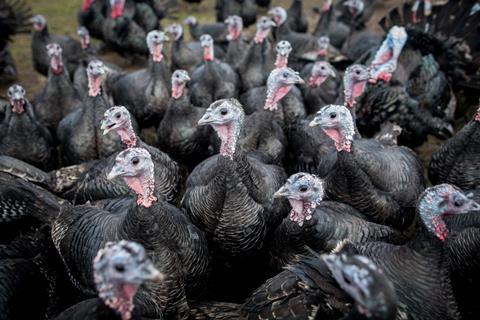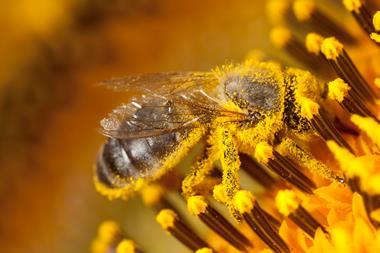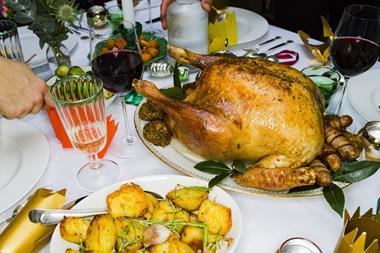
Defra has declared an avian influenza prevention zone across the east of England following a number of recent outbreaks of the disease in wild and captive birds and poultry.
The prevention zone covers East Riding of Yorkshire, City of Kingston upon Hull, Lincolnshire, Norfolk and Suffolk.
As of Friday, it is a legal requirement for all bird keepers within the zone to follow strict biosecurity measures to help protect their flocks, of whatever type or size.
The introduction of an AIPZ follows a recent increase in cases of bird flu in poultry and other captive birds in the area and increased reports of mass mortality in wild birds.
One case of the H5N5 strain of highly pathogenic avian influenza has been detected in England since the start of the current outbreak last month, with six cases of the H5N1 strain.
The UK self-declared freedom from avian influenza in March. It had previously faced its largest ever outbreak of bird flu, with over 360 cases confirmed across the country since late October 2021.
Poultry producers have said supply of turkey this Christmas is expected to be stable, due to the previously low risk of bird flu.
The current risk of the outbreak to human health remains very low, Defra said, adding properly cooked poultry and poultry products, including eggs, were safe to eat. The UK Health Security Agency remained vigilant for any evidence of changing levels of risk and were keeping this under constant review, Defra added.
The AIPZ now in force does not include a requirement to house birds, unless they are also in a 3km protection zone. However, this was also being kept under constant review, Defra said. Further disease control measures would be based on the latest scientific evidence and veterinary advice, it added.
“All bird keepers in these areas must take enhanced biosecurity actions now to both help prevent disease getting in to flocks and it stop it spreading any further,” said chief vet Christine Middlemiss.
“Bird keepers must exercise robust biosecurity measures, remain alert for any signs of disease and report suspected disease immediately to the Animal & Plant Health Agency.”



















No comments yet